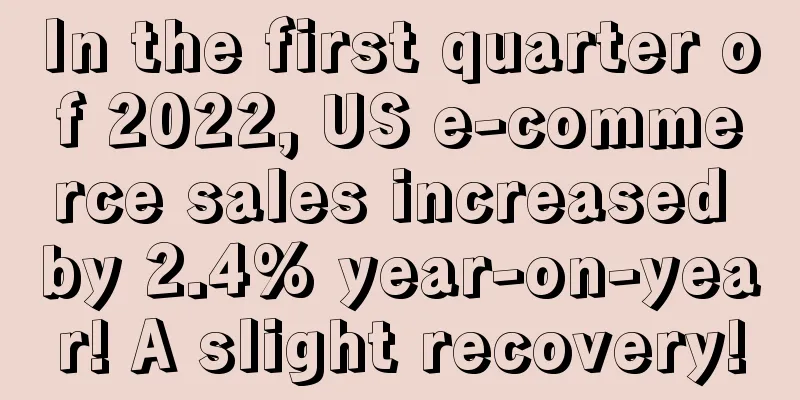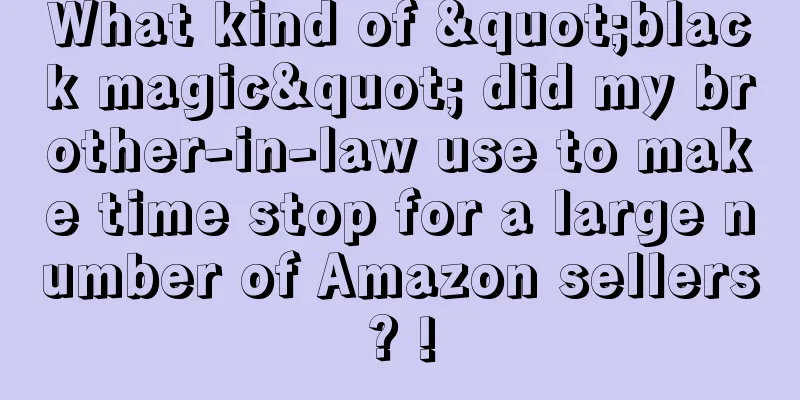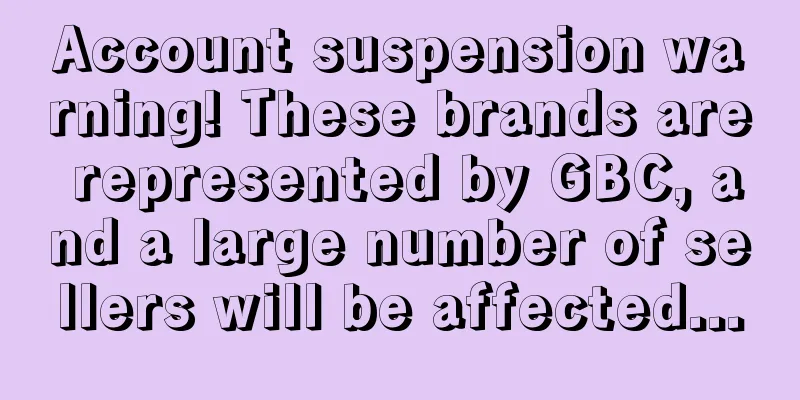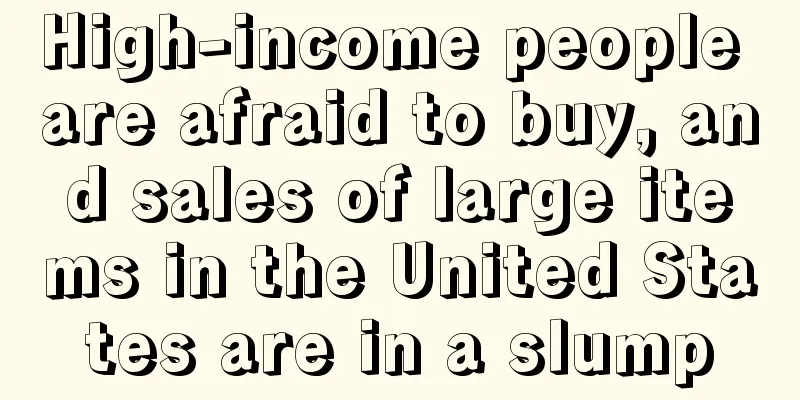Amazon launches "Black Business" badge, and the African site domain has been confirmed!

|
It is learned that on August 25 , Amazon US announced that Amazon is testing a " Black-owned business " logo to help buyers better discover products from Amazon-certified black businesses. If the product recommendation quotes in search results and product detail pages are from certified black businesses, the badge will be displayed, and buyers can also directly visit black business stores.
▲ The picture comes from Amazon US
On the Amazon forum, the post about this news received more than 100 replies on the day it was published. Because the topic involved politics and was sensitive abroad, Amazon closed the discussion on the same day and most of the existing replies were hidden.
"If you're going to do this, please give each race, religion, ethnicity, nationality and sexual orientation a unique badge, otherwise it's racist," one seller said.
▲ The picture comes from the Amazon forum “I think this is a product market, not a virtue market.”
▲ The picture comes from the Amazon forum In addition to platform sellers, some buyers also spoke out: " I don't care what kind of business owner the products I buy come from, I only care about the quality of the products ."
One-sided comments not only appeared abroad, but also after the news spread to domestic forums, domestic sellers were also full of doubts about this plan. After all, Amazon has never given preferential treatment to Asian or Chinese sellers in its policies. Some sellers revealed that Amazon will provide many benefits to black sellers, including advertising discounts, brand registration, free traffic , etc.
▲ The picture comes from Zhiwubuyan In addition, since domestic sellers have often relied on high discounts and price involution to attract consumers in the past, some sellers joked that Chinese sellers should be labeled as " philanthropist enterprises . "
▲ The picture comes from Zhiwubuyan Last year, Amazon launched the Black Business Accelerator program. On the first anniversary of the program, it launched the Black-Owned Business badge mentioned above.
It is learned that according to foreign media reports, sellers can now see two new domain names, Amazon.com.ng and Amazon.co.za , in the domain names where Amazon requests customer support. Although the page is still the US site after clicking to jump, this confirms Amazon's plan to enter Africa.
▲ The picture comes from Amazon's official website According to Insider, Amazon’s expansion plan in South Africa and Nigeria is code-named Fela and is expected to take place in February 2023 and April 2023. It can be inferred that Amazon.com.ng and Amazon.co.za are Amazon’s Nigeria and South Africa sites respectively.
As markets in developed countries such as Europe, America, and Japan gradually become saturated, Amazon has no choice but to seek growth in consumer populations in emerging markets. Data shows that by 2021, more than 520 million people in Africa will have access to the Internet, and it is expected that by 2026, the number of people online in Africa will be equal to that in Europe . Amazon regards the African market as one of its strategic growth markets.
When it comes to the African market, most sellers are probably unfamiliar with it. This land has always been synonymous with "poverty" and "backwardness" in the past, but in fact, the development of some African countries has been quite rapid in recent years.
As a stepping stone for Amazon to enter the African market, Nigeria has a population of 195 million, making it the most populous country in Africa and currently the largest economy in Africa. Nigeria also has the most e-commerce websites, and 40% of Africa's e-commerce companies are headquartered in Nigeria. South Africa is also one of the most developed countries in Africa, with online shopping users second only to Nigeria, and an Internet user penetration rate of 58.6% , which is at the leading level in Africa.
Of course, despite its huge potential, e-commerce in Africa is still in its infancy . The cost of developing new markets is high, and the initial profit margin is extremely low, at only 5% , compared to 25% in developed markets such as the UK, the US and Japan. In addition, Amazon will also face competition from local e-commerce giants such as Jumia, Konga, Takealot and Everyshop. Whether it can gain a foothold in the African market still needs to be tested by the market. |
<<: Half-year revenue exceeds 1 billion! This hot-selling product has entered Amazon's Best Sellers!
Recommend
What is ODR (Order Defect Rate)? ODR (Order Defect Rate) Evaluation
The Order Defect Rate (ODR) is the primary metric ...
Imports fall, inventory surplus! US holiday clothing sales will be sluggish!
It is learned that according to foreign media repo...
Amazon launches new policy again! Many big sellers have already joined
Amazon makes another big move! Recently, at the j...
What is OpenSky? OpenSky Review
OpenSky is a website where bloggers sell products ...
What is Frontier Car Group? Frontier Car Group Review
Frontier Car Group (FCG) is a technology startup f...
What is Just Launched? Just Launched Review
Just Launched started to rise in 2017. It refers t...
Korean beauty products are sweeping the US market, accounting for 85% of Amazon sales in the US
It is learned that recently, according to foreign ...
What is Seller Dashboard? Seller Dashboard Review
Seller Dashboard can help sellers view the ratings...
What is Xiwen e-commerce? Xiwen e-commerce review
Xiwen E-Commerce (Zhuhai) Co., Ltd. was registered...
What is Google Pay? Google Pay Review
Google Pay is a new payment platform released by G...
What is Tesco? Tesco Review
Tesco is a large supermarket chain in the UK. It i...
What is Amazon Stores Insights? Amazon Stores Insights Review
Amazon Stores Insights can provide sellers with da...
What is ExportHub? ExportHub Review
ExportHub is an international B2B platform. Export...
What is DHLink? DHLink Review
DHLink is a comprehensive logistics service platfo...
What is the normal tariff? Normal tariff evaluation
General tariff refers to the tariff imposed by a c...









